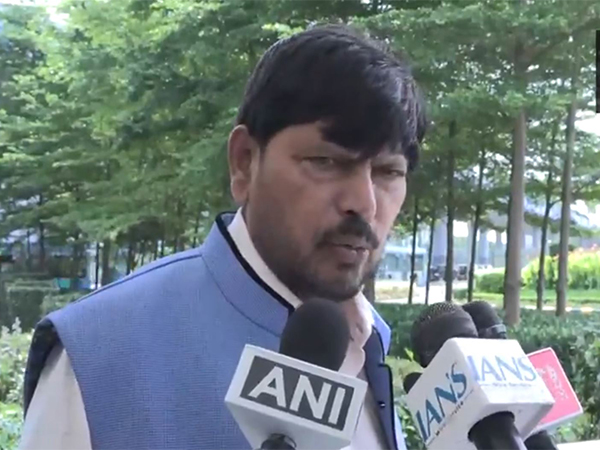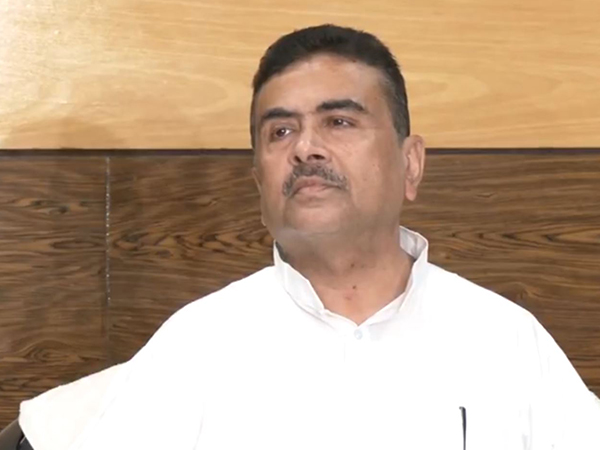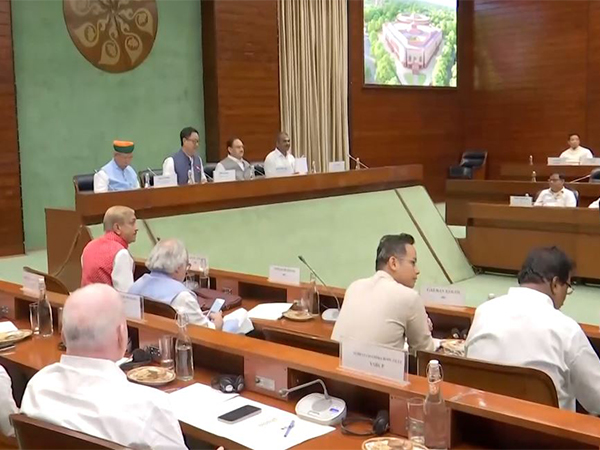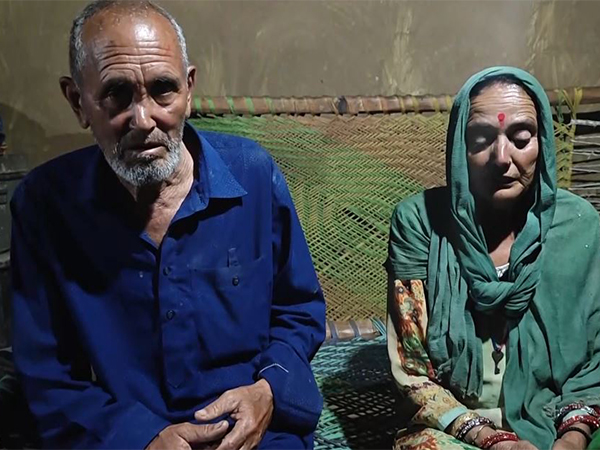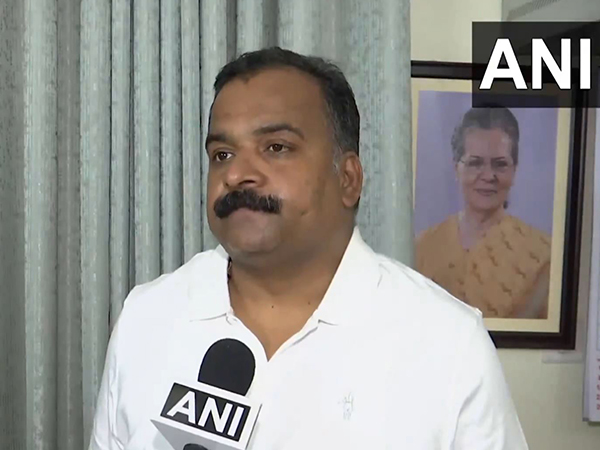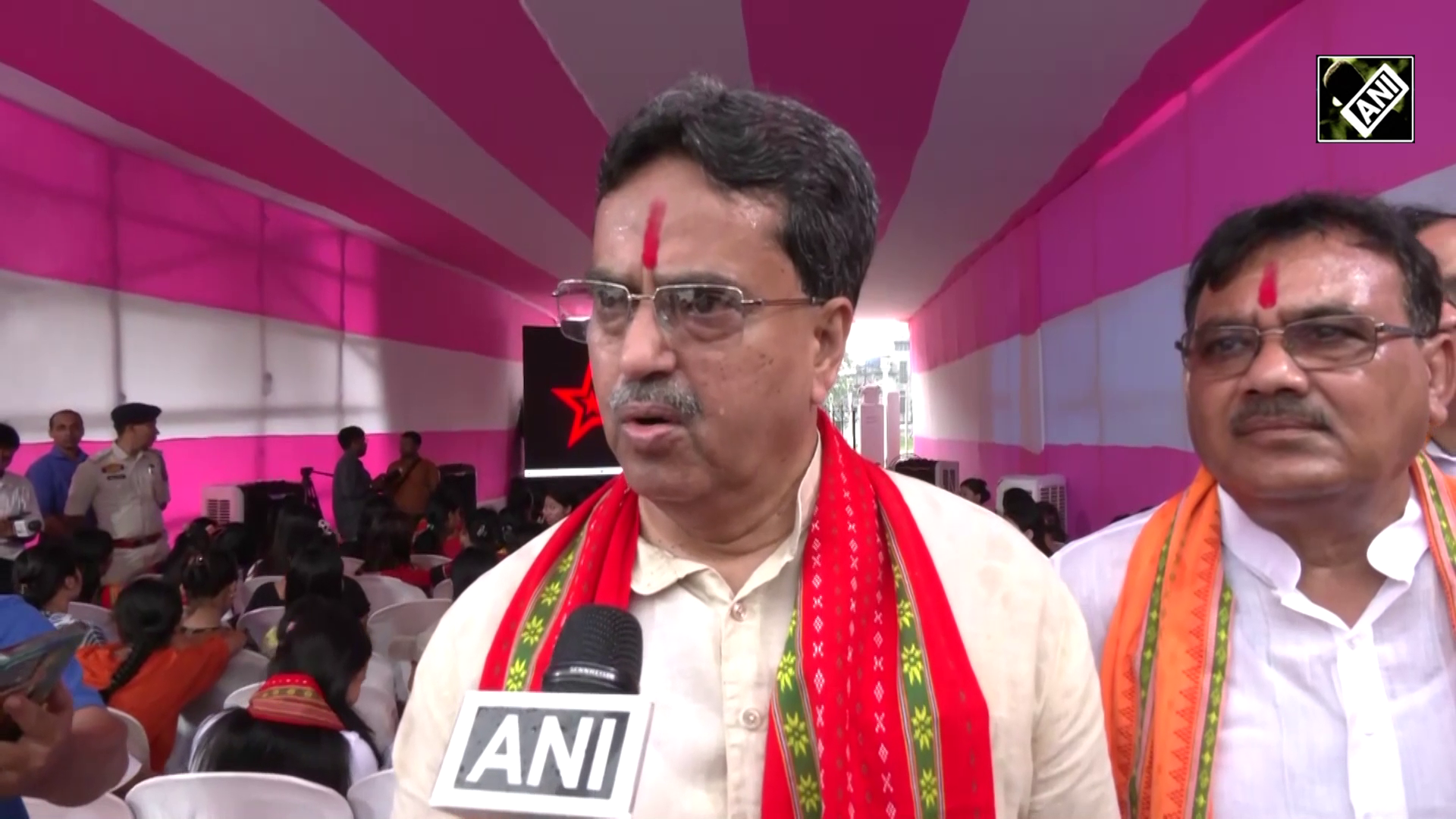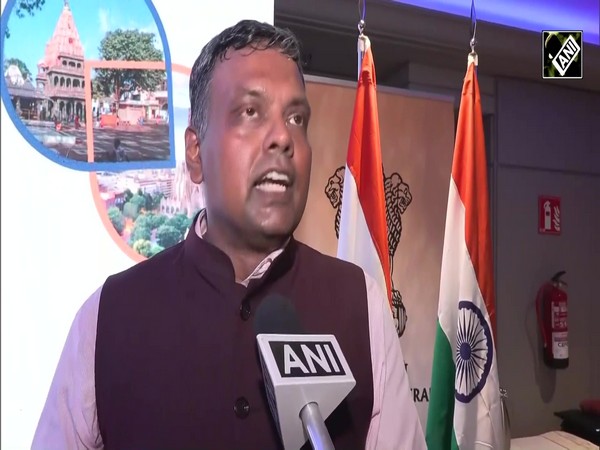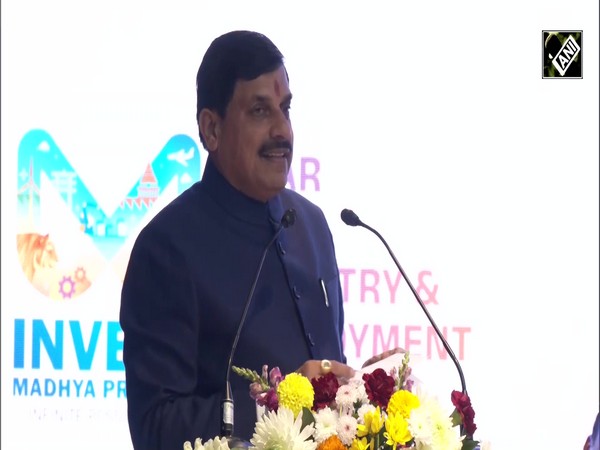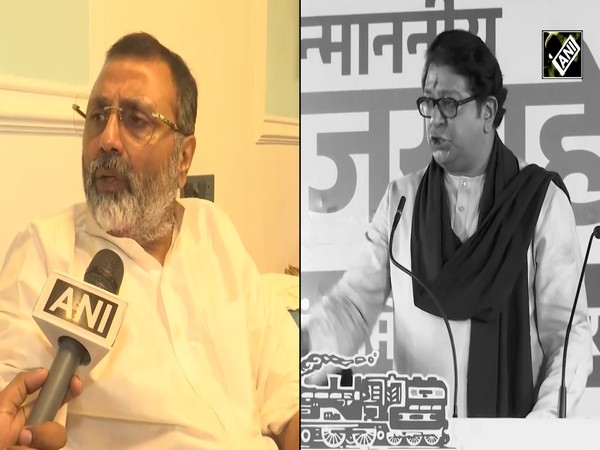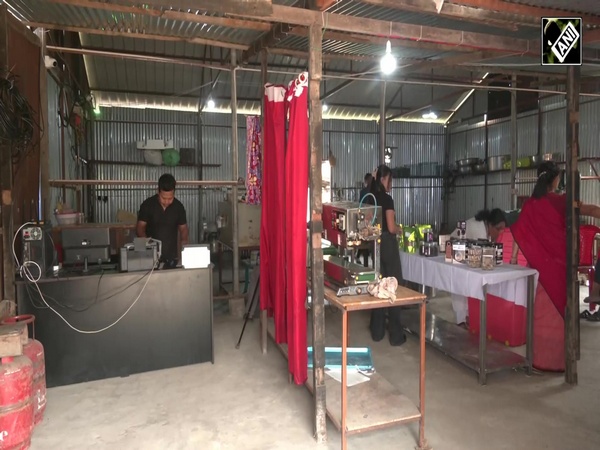Plea in Delhi HC calls for guidelines to safeguard Indian students' rights abroad
Dec 05, 2024

New Delhi [India], December 5 : A plea has been filed in the Delhi High Court urging the Ministry of External Affairs (MEA) to establish guidelines that protect the fundamental rights and interests of Indian students travelling abroad for educational purposes.
The plea submitted that these students currently lack adequate legal protection whatsoever, leaving them vulnerable to fraud, exploitation, and various malpractices perpetuated by unregulated educational agents and foreign institutions.
A plea moved by NGO Legal Pravasi Bhartiya stated that the existing leg framework governing emigration, as provided under the Emigration Act of 1983, does not contain provisions specifically safeguarding Indian students who seek education abroad. This Act is employment-focused and does not extend its protections to Indian students.
In the absence of regulatory oversight, these students, while pursuing higher education outside India, are at substantial risk of becoming victims of exploitation, plea added.
The plea stated that, "In the absence of robust legal mechanisms for student's migration to abroad, Indian students are so vulnerable to severe exploitation and harassment not only in India but also in the destination countries. An appropriate legislation is the need of the hour to address this pressing issue. As an interim measure, appropriate guidelines on student's migration abroad will protect the rights and interests of the Indian students."
NGO President Jose Abraham through Advocate Basin Jaison claimed that there are rising incidents of fraud perpetrated against the students.
The plea further submitted that numerous cases have surfaced where students have been defrauded by unregulated educational agents. This includes false promises regarding university admissions, courses, and accommodations, resulting in significant financial losses.
Students lack legal resources under the Emigration Act 1983 or the Draft Bill 2021 to address grievances against fraudulent agents, unlike workers who have access to regulatory bodies and mechanisms for redressal, plea read.
